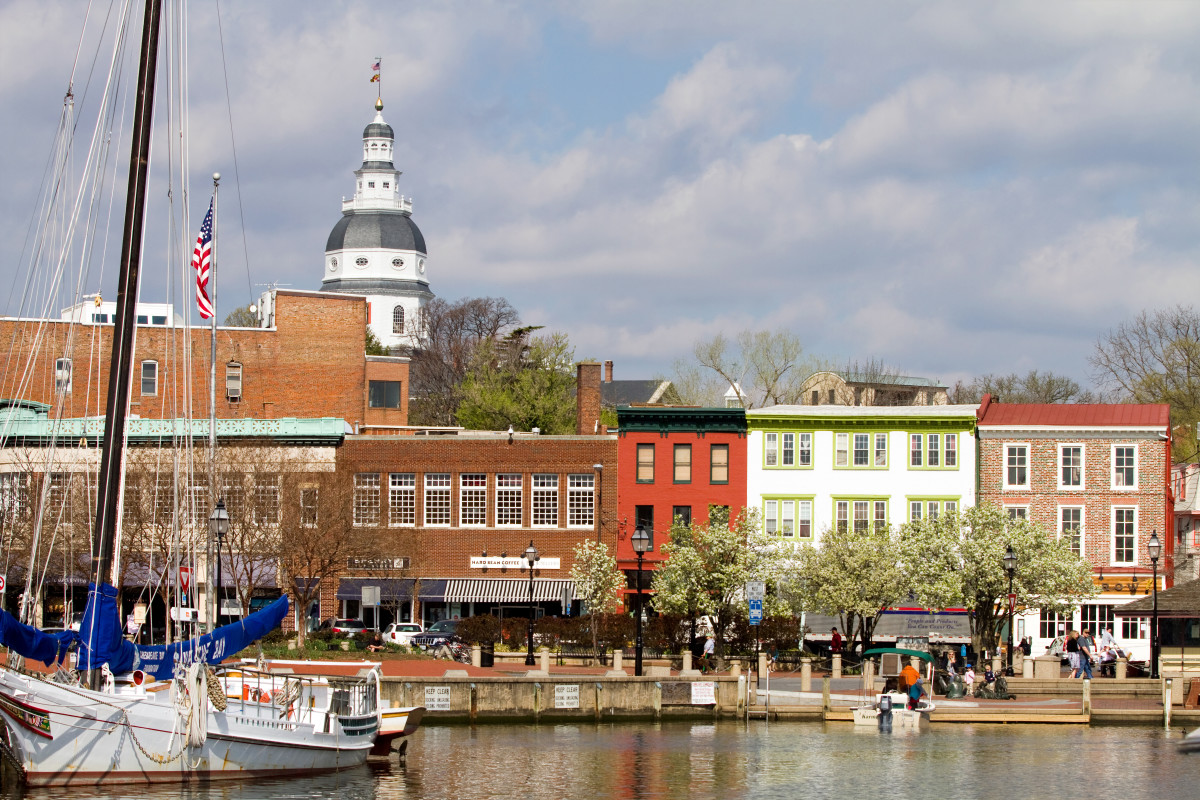Maryland lawmakers passed legislation to bolster broadband connectivity and digital equity during this year’s 90-day session.
The Maryland General Assembly approved the Digital Connectivity Act of 2021 over the weekend, and Governor Larry Hogan signed the bill on Tuesday. The law establishes the Office of Statewide Broadband (OSB) to work toward getting all Marylanders connected to high-speed, affordable broadband internet by 2026.
Delegate Brooke E. Lierman (D-Baltimore City) and her six coauthors in the House of Delegates succeeded in passing the bill through the Maryland General Assembly in the final days before lawmakers adjourned the session on Monday at midnight.
Excited to announce that the Digital Connectivity Act is on its way to the Governor! Creating a new office of statewide broadband tasked with ensuring every Marylander is connected to reliable high-speed internet within 5 yrs, it will oversee $300min grants.Great work by so many! pic.twitter.com/5eE4P1hz4k
— Brooke Lierman (@BrookeELierman) April 10, 2021
The OSB is expected to help administer the $300 million in funding from the federal government’s American Rescue Plan that Maryland allocated toward the expansion of affordable and reliable internet across the state. The bill sets out a goal of providing internet to the 23%, or 520,000, households that lack wireline internet access, according to data from an Abell Foundation report on the digital divide in Maryland.
“Being disconnected is not just an inconvenience,” Lierman said in a statement. “It prevents Maryland residents and families from accessing education, health care, business, and benefit programs, which worsens and perpetuates existing social inequities.”
Digital access became a key issue over the last year as the pandemic exacerbated gaps in connectivity. It prompted tech, community development and policy leaders to organize around putting the work to close the digital divide on the agenda in Annapolis. During the session, members of the 50-organization Baltimore Digital Equity Coalition voiced support for the bill at a hearing.
Going forward, the Office of Statewide Broadband’s duties will include forming partnerships with local jurisdictions, state agencies, the library system, and the private sector. It will seek to identify critical resources and funding, as well as ways to expand digital literacy across the state.
With the bill becoming law following Gov. Hogan’s signature, the OSB is established within the Maryland Department of Housing and Community Development. Prior to the influx of the $300 million from the federal government, leaders indicated the the budget and staff increase may not come until next fiscal year in July of 2022. Per the text, the bill also calls for the office to develop a plan by July 1, 2022, to ensure that all Marylanders can connect to the internet by December 31, 2026.
“By creating and codifying the OSB, the state can ensure broadband connectivity and digital literacy is a top priority in Maryland,” said Lierman.
Donte Kirby is a 2020-2022 corps member for Report for America, an initiative of The Groundtruth Project that pairs young journalists with local newsrooms. This position is supported by the Robert W. Deutsch Foundation.Before you go...
Please consider supporting Technical.ly to keep our independent journalism strong. Unlike most business-focused media outlets, we don’t have a paywall. Instead, we count on your personal and organizational support.
Join our growing Slack community
Join 5,000 tech professionals and entrepreneurs in our community Slack today!

The person charged in the UnitedHealthcare CEO shooting had a ton of tech connections

The looming TikTok ban doesn’t strike financial fear into the hearts of creators — it’s community they’re worried about

Where are the country’s most vibrant tech and startup communities?


